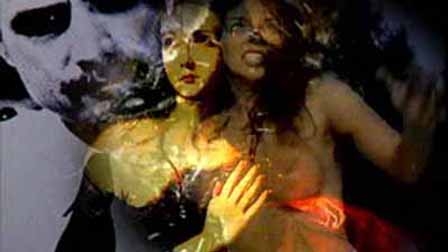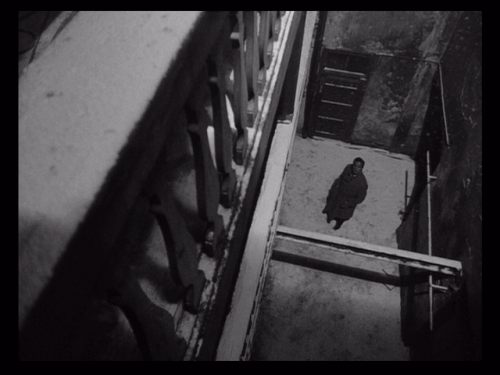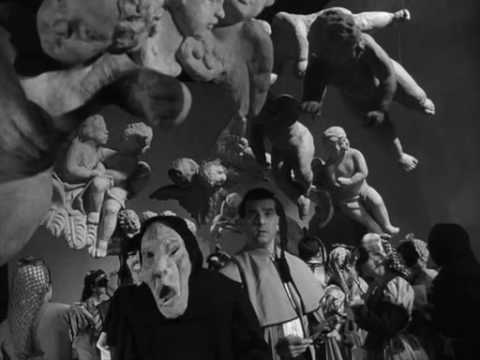The Director’s Cut
From the Chicago Reader (March 9, 2006). — J.R.
Moments Choisis des Histoire(s) du Cinéma
**** (Masterpiece)
Directed and written by Jean-Luc Godard
Ironically, the two greatest works by the two most innovative filmmakers of the French New Wave, Jean-Luc Godard and Jacques Rivette, were originally designed as TV series. Rivette’s 760-minute, 16-millimeter serial Out 1 (1971) was rejected by French state TV, and he spent most of a year editing it down to a 255-minute version to show in theaters, Out 1: Spectre (1972). Less a digest than a perverse variant — some shots were rearranged so that they had radically different meanings and contexts, and much of the comedy was turned into psychodrama — it’s the only version that’s ever shown in the U.S., though it hasn’t been screened for years. The original — almost certainly the best film ever made by anyone about the 60s counterculture and its demise — still shows periodically in Europe.
Godard’s eight-part, 264-minute video Histoire(s) du Cinéma (1998), conceived and made over 20 years, has fared better, but it’s still pretty hard to come by. The only version ever sold in France is a lousy mono video transfer; a package of CDs and books in several languages transcribing major portions of the stereo sound track came out here years ago. Read more



